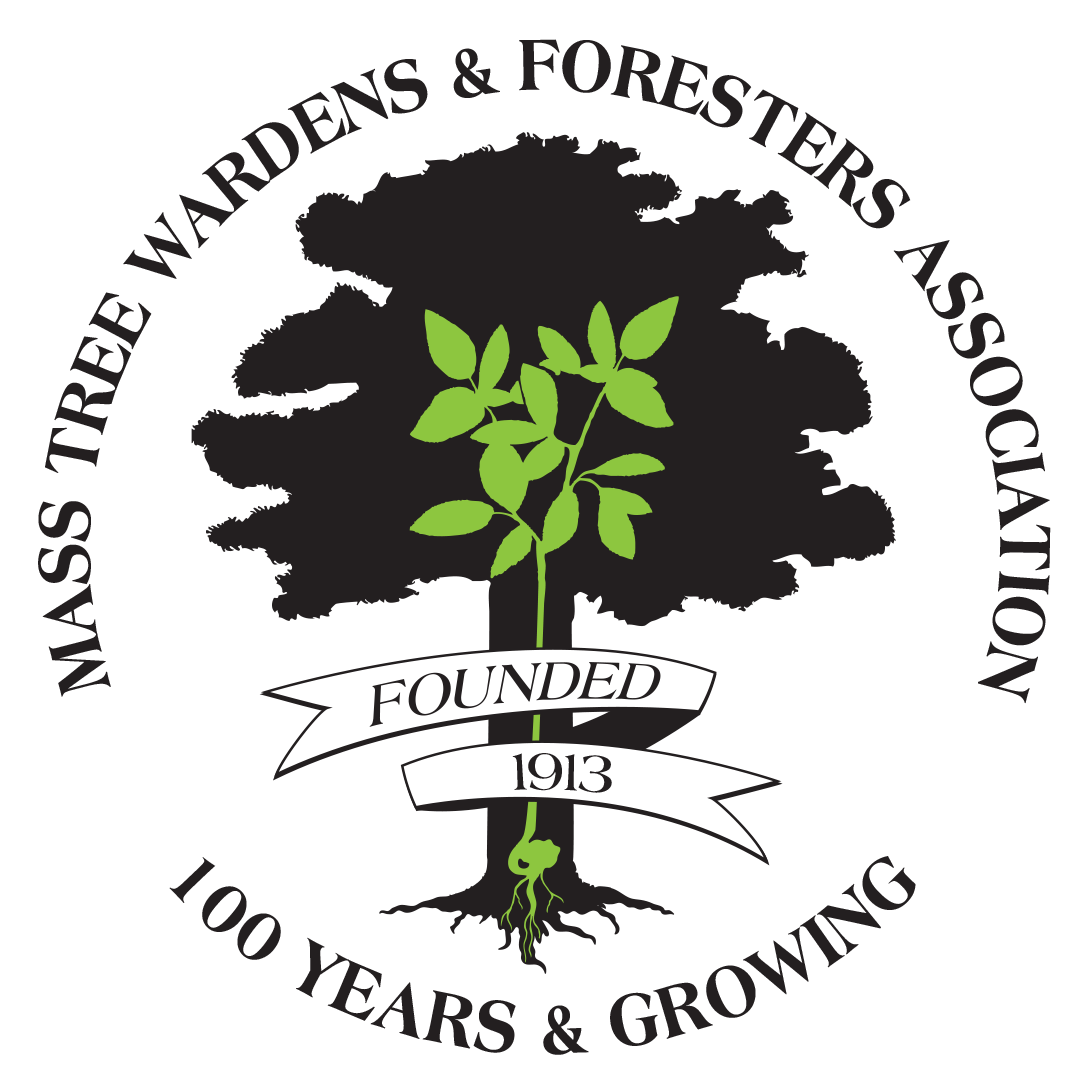Since 1899, Massachusetts General Law has mandated that all cities and towns in the Commonwealth have a tree warden who is responsible for trees on public property. The tree warden mandate is still in effect today under Massachusetts General Laws, Chapter 41, Section 1 and Section 106. For a recent scholarly analysis, see Julie Steiner, J.D., Guardians of Municipal Public Trees: Commonwealth of Massachusetts Tree Wardens’ Authority and Accountability.
A tree warden may be either elected by the people or appointed by the city or town. In either case, the responsibility is the same – to oversee the care, maintenance, or removal of all public shade trees. As both manager and advocate, the tree warden must protect the trees and, where necessary, protect the public from the trees.
The scope of the job is broad and includes responsibility for all community trees – on streets and town commons as well as in parks, schoolyards, and town forests. The position of tree warden requires qualified training in arboriculture, the science of tree care. A tree warden should also have good communication skills for dealing with the public, municipal department heads, and local politicians.
